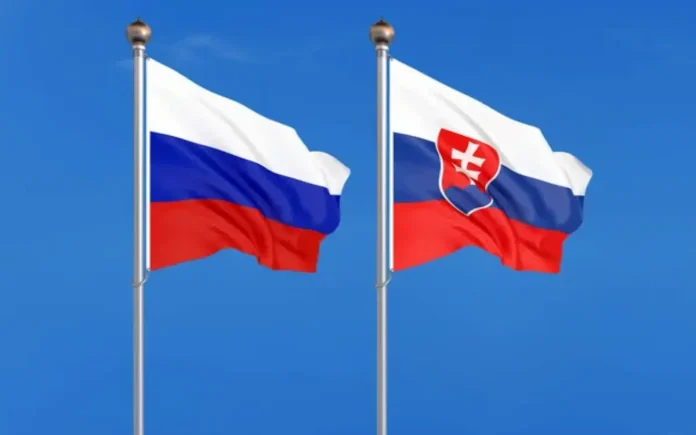Bratislava: Slovakia’s recently appointed Culture Minister, Martina Šimkovičová, has made a noteworthy policy shift by rescinding a prior ban on cultural collaboration with Russia and Belarus. Leaked documents, reported by the Slovak publication Pravda on January 20, revealed the reversal, marking a significant change in direction for the Slovak Ministry of Culture.
Originally implemented a week after the commencement of Russia’s full-scale invasion of Ukraine on February 24, 2022, the ban aimed to sever cultural ties with Belarus and Russia. Notably, it provided exemptions for Russian artists and organizations openly opposing the war.
Šimkovičová’s decision to lift the ban, effective January 22, has sparked a range of reactions. In a media address, she argued that the cultural sector and artists should not be burdened by the weight of global military conflicts.
This justification has been met with skepticism, given the prevailing geopolitical tensions and the ongoing conflict in Ukraine.
The minister’s move occurs against the backdrop of her controversial history. Previously dismissed by a private Slovak TV channel for sharing anti-refugee content on social media, Šimkovičová’s public statements have extended into realms of homophobia, pro-Russian sentiment, and anti-establishment rhetoric.
Media outlet Hromadske has underscored her past associations with TV channels known for propagating conspiracy theories.
Šimkovičová’s political trajectory has been tumultuous. Securing a parliamentary seat in 2016, she was later expelled from her conservative party for breaching parliamentary conduct. Despite these challenges, she refused to resign, forging ahead with her political career as an independent Member of Parliament.
This recent development in Slovak cultural policy under Šimkovičová’s leadership raises questions about the nation’s position on the Russia-Ukraine conflict and its broader implications for cultural diplomacy and international relations.



